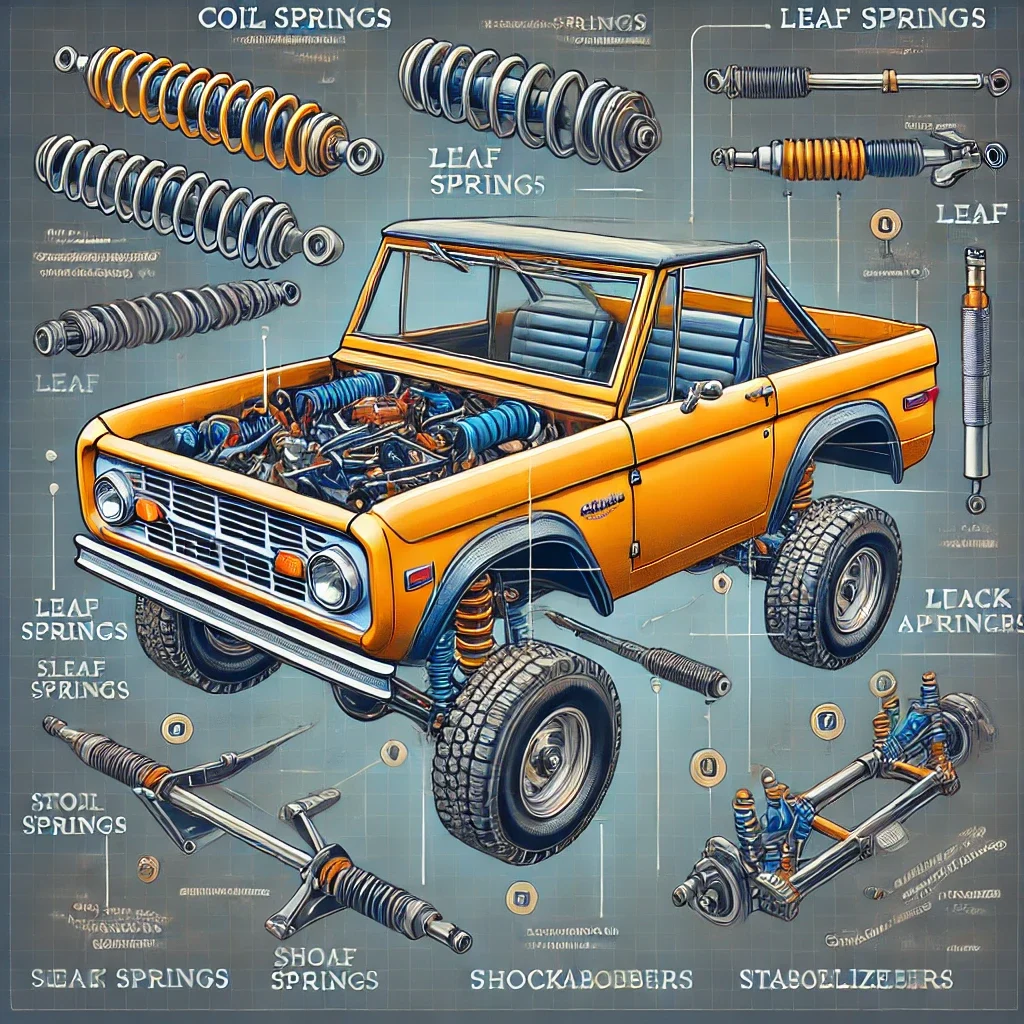Best Practices for Truck Engine Maintenance

Maintaining your truck’s engine is vital for ensuring its longevity, performance, and reliability, especially if you rely on it for work or travel in challenging conditions. Following a structured maintenance schedule can help prevent costly breakdowns and keep your truck running smoothly. Here are the best practices for truck engine maintenance based on professional insights.
1. Adhere to a Regular Maintenance Schedule
Establishing a routine maintenance schedule is crucial. According to maintenance intervals provided in many service manuals, basic checks should occur every 250 miles or weekly. This includes checking engine oil, coolant levels, and various fluid levels such as brake and power steering fluid. For those who drive daily, ensure that you’re at least performing the key checks every 3,000 miles or 3 months.
2. Change Oil and Oil Filters Regularly
One of the most critical aspects of engine maintenance is to change the engine oil and oil filter. This task is recommended every 3,000 miles or 3 months, whichever comes first. Clean oil helps lubricate engine components effectively, reducing wear and tear.
3. Monitor Fluid Levels
Regularly check all essential fluids, including transmission fluid, differential lubricant, and coolant. Low fluid levels can lead to overheating and serious engine damage. Refer to your truck’s service manual to determine appropriate fluid types and levels.
4. Inspect the Cooling System
Insufficient cooling can cause overheating, which might ruin your engine. Inspect hoses and the radiator for leaks or damage periodically. Additionally, consider draining and refilling the cooling system with the specified coolant every 24,000 miles or two years to maintain optimal performance.
5. Check Air Filters
Air filters play a crucial role in engine efficiency. A clean air filter enhances engine performance and fuel efficiency. Inspect and replace air filters according to your manufacturer’s recommendations, usually every 15,000 to 30,000 miles, especially if your truck operates under severe conditions.
6. Pay Attention to Fuel Quality
Using the right fuel can have a significant impact on engine performance. Only use quality fuel that meets your truck’s specifications. Be cautious of mixing fuels from different brands, as they may contain different additives that could affect engine health.
7. Pay Attention to Unusual Engine Sounds or Performance
Stay alert for any changes in how your truck runs, such as unusual noises, decreased power, or warning lights on the dashboard. These could indicate underlying issues. Address any concerns immediately to avoid further damage.
8. Perform Regular Inspections of Belts and Hoses
Examine belts and hoses for signs of wear, such as fraying or cracks. Replacing worn-out parts can prevent unexpected breakdowns and costly repairs down the line. Check these components at every oil change and replace them as needed.
9. Follow Manufacturer Guidelines on Maintenance
Each truck model may have distinct maintenance needs. Always refer to your manufacturer’s owner’s handbook or factory service manual for specific maintenance practices tailored to your truck’s unique requirements.
10. Consider Professional Assistance When Needed
While many maintenance tasks can be performed by the truck owner, don’t hesitate to consult or hire a professional mechanic for more complex issues or if you are unsure about any maintenance procedures.
By following these best practices for truck engine maintenance, you can help ensure your vehicle remains in top condition, enjoy better performance, and potentially increase its resale value. Remember that proactive maintenance not only saves you money in the long run but also reassures safety on the road.


